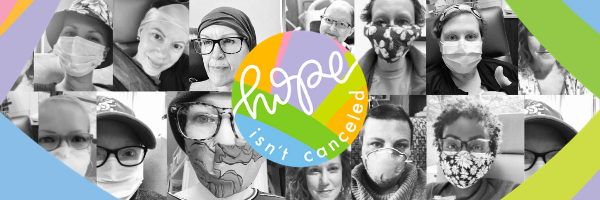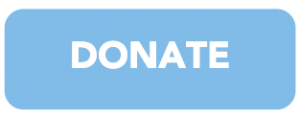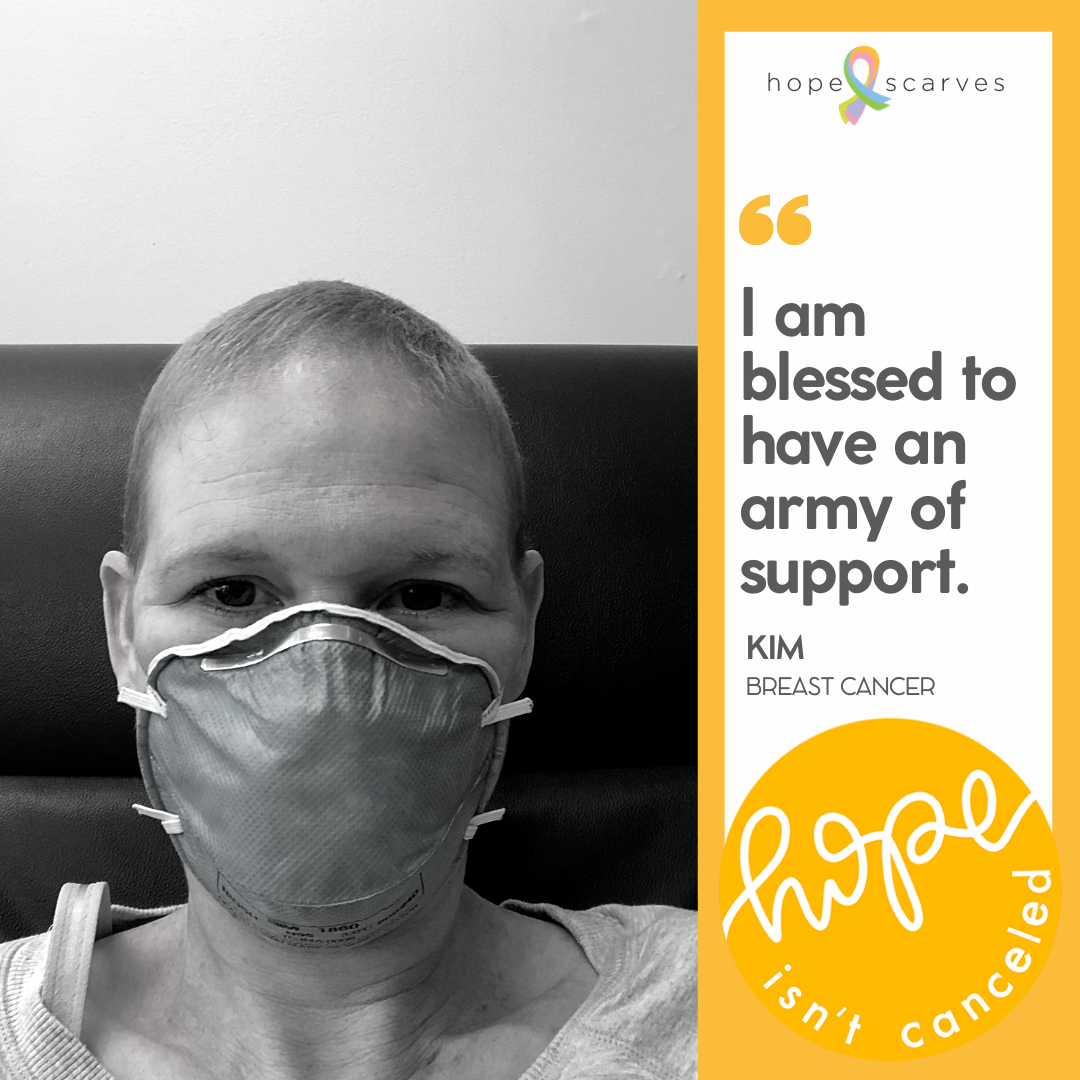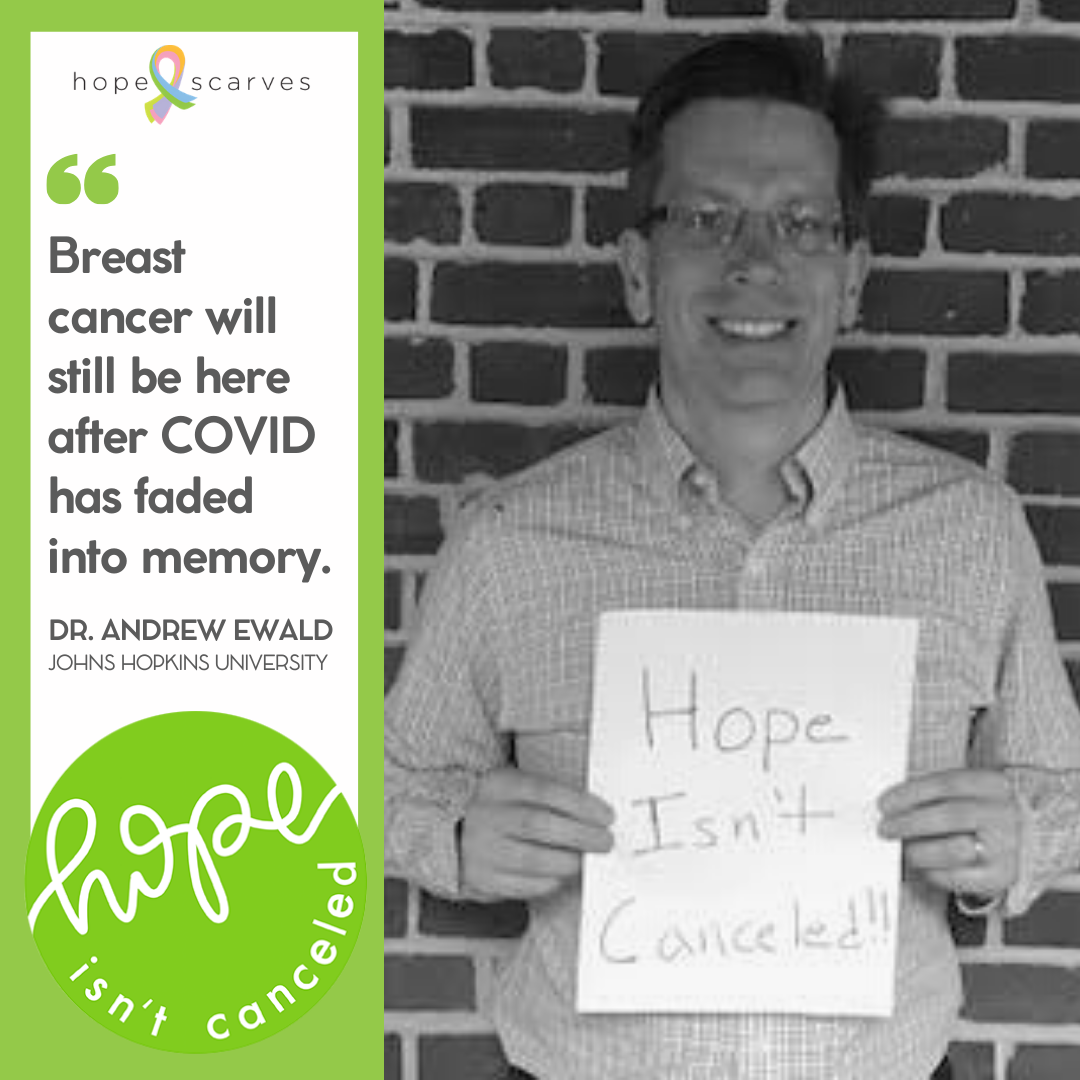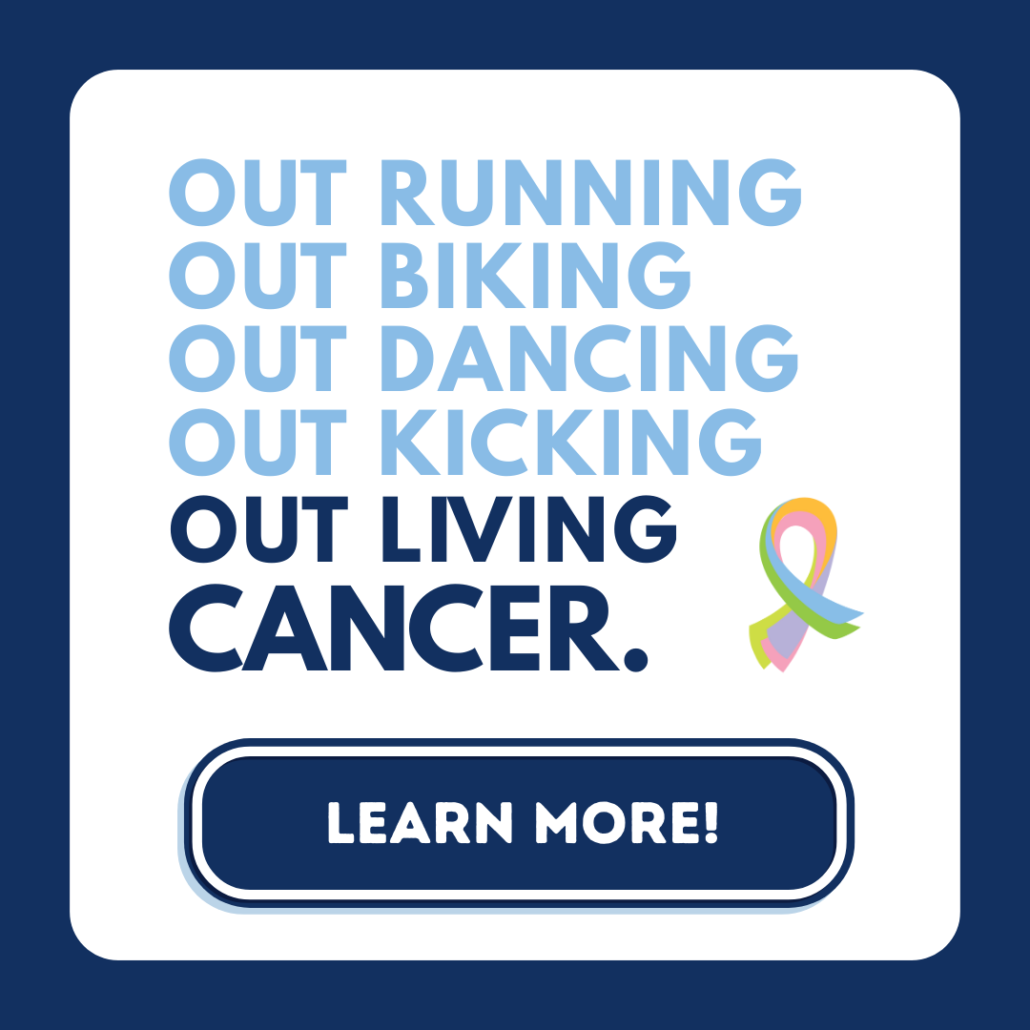Dr. Beth Riley – Brown Cancer Center
Patient volume at the Brown Cancer Center has remained consistent during COVID-19; we have not seen a drop and continue to treat approximately 200 patients a week. As you know, cancer doesn’t stop (even when everyone else does) and patient treatment must continue. The breast cancer clinic has been impacted by surgery delays. For patients in Kentucky, there has been a roughly 6 week delay, on average. Patients are given alternative medical treatments to adjust to interruptions in the surgery schedule.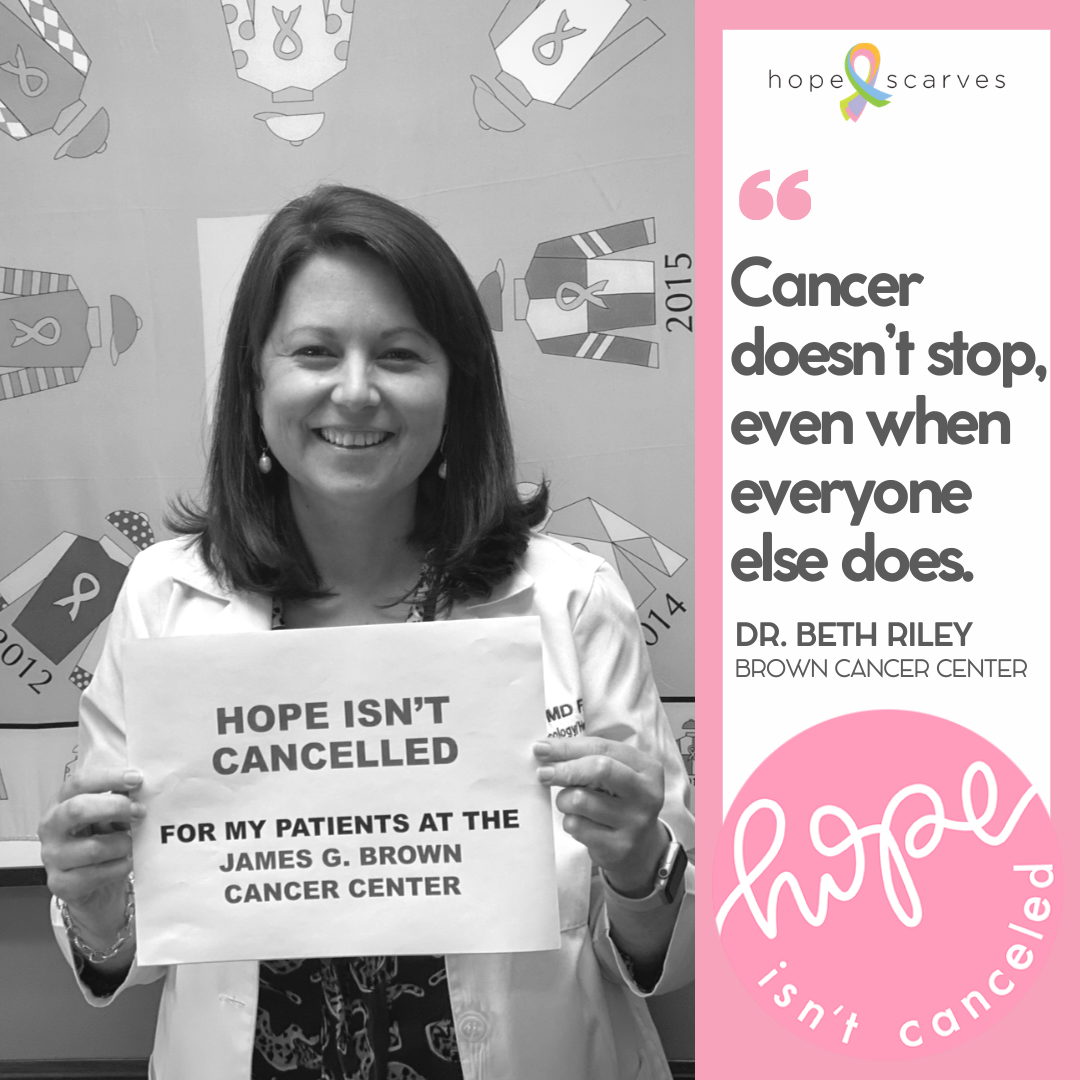
Cancer patients are at high risk if they contract COVID and to reduce risk, several measures have been taken. The Brown Cancer Center instituted screenings and social distancing practices for patients. In addition, patients must be tested before procedures. The BCC has seen a rapid rise in telehealth, which is good for people who need updates and other information, and reduces their exposure. Accrual numbers have remained consistent.
New trials are not being opened locally or nationally. The pharmaceutical companies are not able to open trials right now, although there is a strong desire to do so and move forward, it is not logistically possible at the moment. This is due to many related factors: furloughs, remote working, and national offices located in NYC or other heavily affected areas.
Patients who were already on trials are able to continue on the trial – so patients continue to be supported by Hope Scarves. However, some trials that Dr. Riley had planned to open had to be put on hold. Sheryl, a patient at BCC, says that she’s grateful her clinical trial is working, and that it gives her hope!
Help continue Dr. Riley (and her team’s) clinical trials and remind cancer patients Hope Isn’t Canceled by sponsoring a Hope Scarf for $30/month as part of our Hope Isn’t Canceled Sustainability Campaign. Our goal is to send 400 Hope Scarves each month – please join us!
